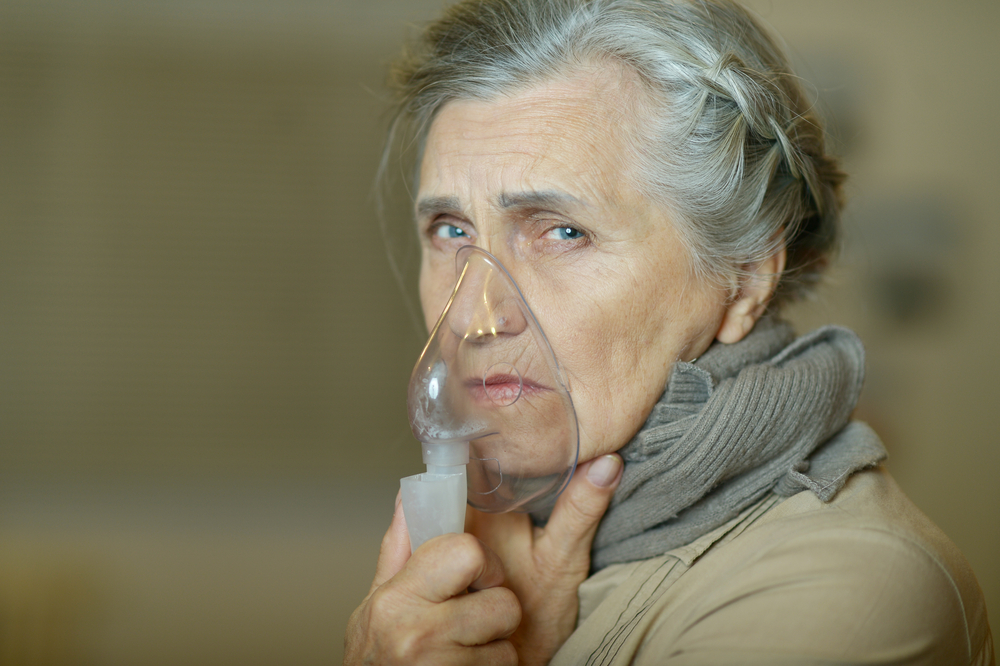In a new study entitled “Inflammaging increases susceptibility to cigarette smoke-induced COPD,” researchers report that aged mice exhibit higher levels of lung inflammation in response to cigarette smoke, which accelerates the development of chronic obstructive pulmonary disease The study was published in the journal Oncotarget. The new findings offer insights that could help researchers eventually develop new therapeutic methods to prevent the disease.
Chronic obstructive pulmonary disease (COPD) is characterized by high levels of inflammation in the lungs as a response to exposure to contaminants, including toxic gases and cigarette smoke. As a consequence of inflammation, several pathophysiological changes occur in lungs — mucus secretion, remodeling of small airways, tissue damage — which ultimately culminate in lung function decline. The underlying inflammation is a result of hyperactivation of immune cells, increasing over time. Notably, aging induces alterations to the immune system that also culminate in a chronic inflammation, which is a condition also observed in the lungs. As a result, aging may be a key factor in the development of COPD.
In this study, a team of researchers at the Comprehensive Pneumology Center (CPC) in Munich set out to investigate how age-induced inflammatory changes accelerate COPD pathogenesis. To this end, they used a mouse model for chronic cigarette smoke-induced inflammation and determined how this influenced the predisposition to develop COPD in aged versus young mice. They found that lung inflammation after exposure to cigarette smoke is accelerated in aged mice, resulting in airway remodeling. On the contrary, young mice developed no signs of COPD when exposed to the same period of cigarette smoking.
The research team’s results suggest that indeed inflammatory alterations characteristic of old age are a key factor in COPD pathogenesis, as John-Schuster, study first author noted, “Our results show that age-related inflammatory changes play an important role in accelerated COPD development.”
Dr. Ali Önder Yildirim, study lead author added, “The current scientific consensus is that both aging and cigarette smoke facilitate the development of COPD. However, the mechanisms that lead to this remain unclear. We have shown for the first time that the immune response, especially in the aged lung, plays an essential role in the pathogenesis of the disease. This provides us with new directions for the development of innovative approaches to treatment.”

